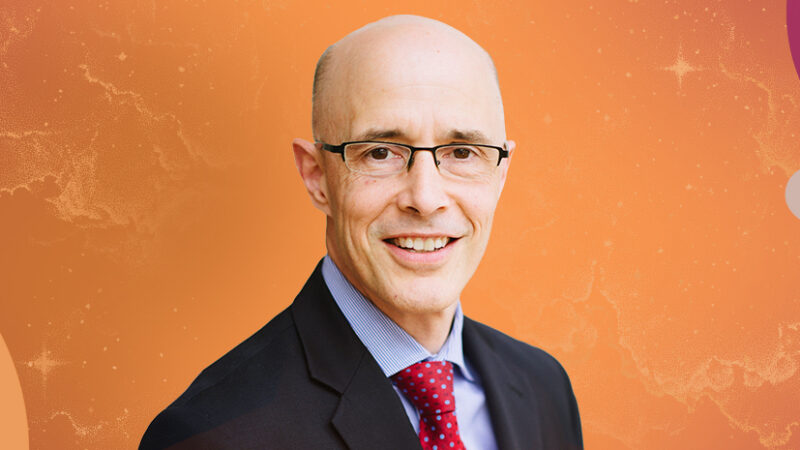Dear Sounds True friend,
At this time of thanks-giving, I want to thank you, a beloved member of our extended Sounds True community of listeners, readers, authors, and learners worldwide.
Thank you for your interest and willingness to be an explorer of your inner world.
Thank you for your perseverance, your willingness to be here, with all of life’s great joys and terrible griefs and sorrows. Thank you for being ”on the journey,” with all of the ways life breaks open our hearts and asks us to expand and hold a larger space of love.
Thank you for your courage to be you, beloved and singular, the you that carries a unique gift, some special look, a cry and a laugh never heard before, a contribution we need. Thank you for being yourself and extending yourself to others, even in small ways, which often turn out to be huge.
My own prayer this Thanksgiving is to remain steadfast and true. Please know that here at Sounds True we remain so—and we love doing so in connection with you. We are here because you are here. This thanks-giving, I bow to the strength and goodness of our human hearts.
With you on the journey,
Tami
P.S. Here is a thanks-giving offering, a classic poem from Mary Oliver:
Praying
It doesn’t have to be
the blue iris, it could be
weeds in a vacant lot, or a few
small stones; just
pay attention, then patch
a few words together and don’t try
to make them elaborate, this isn’t
a contest but the doorway
into thanks, and a silence, in which
another voice may speak.
Mary Oliver, Thirst









